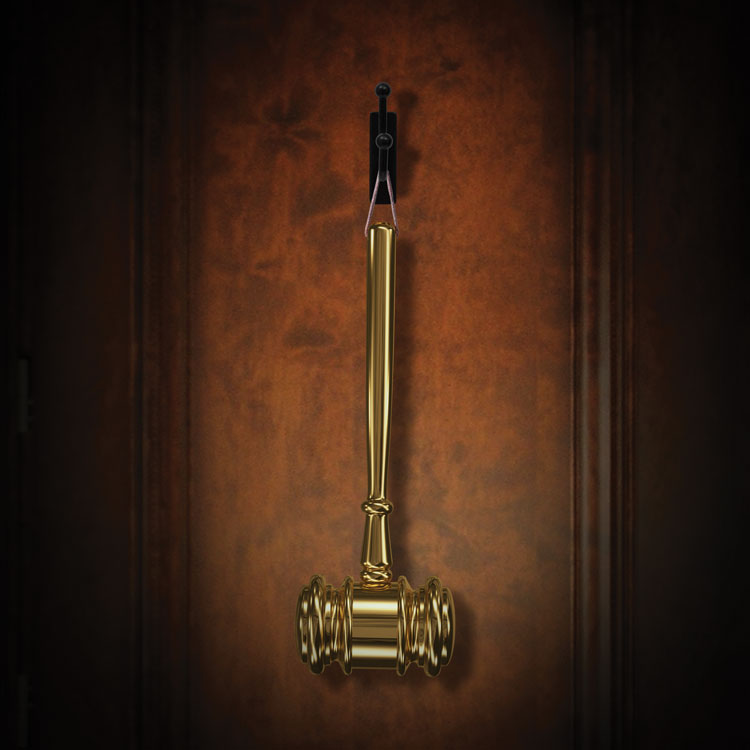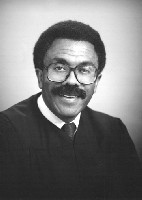Appeals judge accused of excessive delays agrees to retire

Photo illustration by Sara Wadford/ABA Journal/Shutterstock.
The presiding justice of California’s Third District Court of Appeal has agreed to retire and accept a public admonishment to resolve ethics allegations that he “engaged in a pattern of delay” in deciding cases.
California Justice Vance W. Raye admitted the allegations in his agreement with the California Commission on Judicial Performance, according to a May 27 decision and order.
The Associated Press and Law.com have coverage.
The decision said Raye “engaged in a pattern of delay in deciding around 200 appellate matters over a 10-year period.”
California law says judges can’t receive their salaries if they don’t decide cases within 90 days of submission, which happens after arguments are heard or waived. Raye didn’t violate that rule, but he failed to prevent delays in cases before submission, the decision said.
The commission surveyed about 200 matters assigned to Raye in which more than a year passed between the briefing and the opinion.
“A significant number of cases languished for years,” the commission said. “Two of Justice Raye’s cases were delayed between six and seven years, five between five and six years, 17 between four and five years, 29 between three and four years, and 45 between two and three years.”
 California Justice Vance W. Raye. Photo from the Judicial Branch of California.
California Justice Vance W. Raye. Photo from the Judicial Branch of California.
The commission noted that the Third District Court of Appeal has a high volume of cases but said Raye’s record of delays outpaced that of many other justices.
Raye didn’t prioritize delayed matters and failed to give priority to juvenile delinquency cases and cases involving the state, as required by law, the commission said. His delays caused prejudice to criminal defendants who served their sentences before their cases were decided.
Raye also failed to exercise his supervisory authority to address chronic delays in cases assigned to some other justices, the commission said.
“Both with respect to the court as a whole (in his role as presiding justice) and as to cases assigned to him personally, he failed to encourage and adopt reasonable procedures to ensure that priority and older cases were decided first,” the commission said.
Raye was appointed to the court in 1991. In a May 27 email announcing his retirement, Raye said he had overcome “false charges of malingering,” according to a prior Law.com story.
“I am so proud of the justices and staff and so proud of [the] job that we do, balancing timeliness with quality and not allowing a concern with numbers to override our concern with just outcomes, and the ultimate goal of this whole enterprise—justice,” Raye wrote.



